Conclavoscope - Cardinal Konrad Krajewski
Cardinal Profile and Assessment
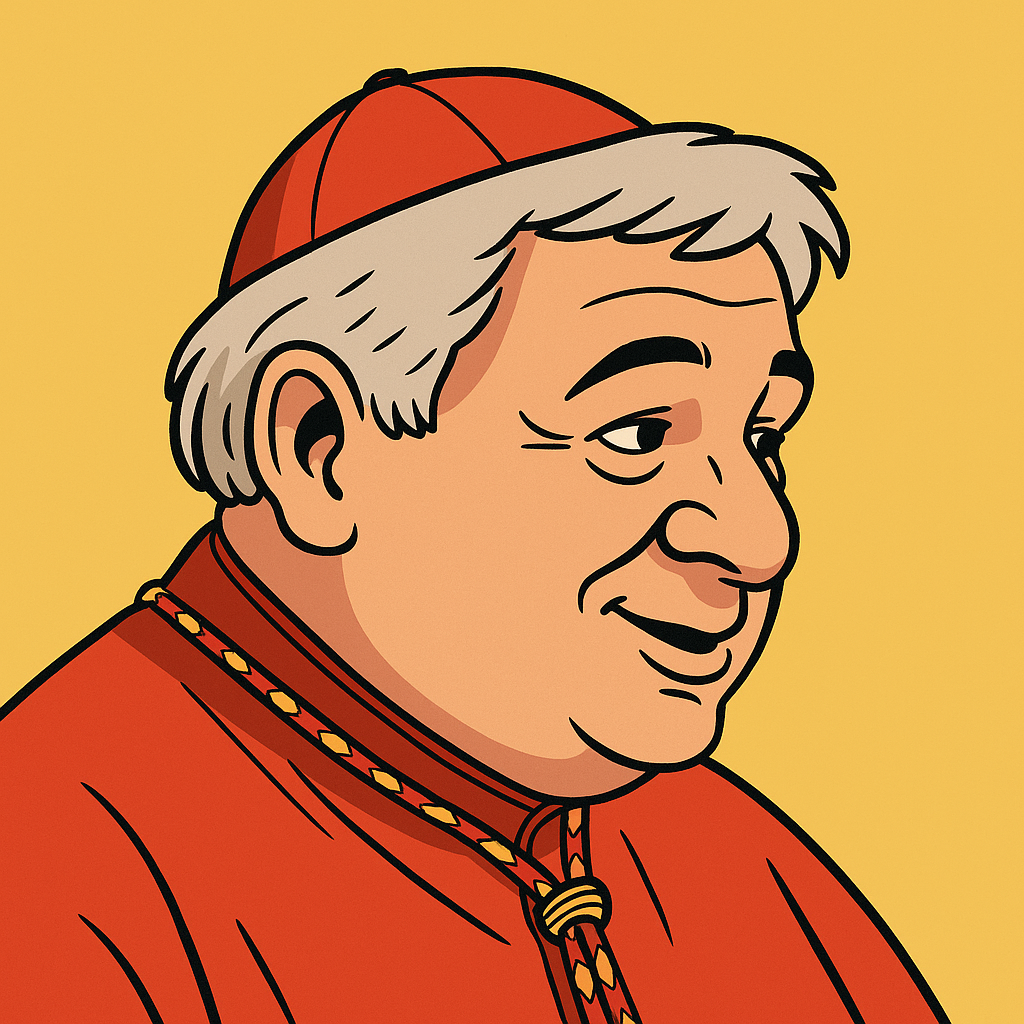
Polish cardinal, Apostolic Almoner, known for his commitment to serving the poor and his direct charitable action, implementing the "culture of encounter" promoted by Pope Francis.
| Criterion | Tendency |
|---|---|
| Moral doctrine | Centrist |
| Liturgy | Moderately conservative |
| Sociopolitical | Very progressive |
| Relationship with Pope Francis | Progressive |
| Dialogue | Progressive |
| Communication | Very progressive |
| Overall tendency | Progressive |
Cardinal Krajewski has not publicly articulated detailed positions on moral doctrines such as abortion or same-sex marriage. However, his actions, such as providing aid to marginalized groups including transgender individuals, suggest a pastoral approach that emphasizes compassion and inclusion without explicitly challenging Church teachings.
With a background in liturgy, having served as a papal master of ceremonies, Cardinal Krajewski demonstrates a respect for traditional liturgical practices. His liturgical expertise indicates a commitment to the Church's liturgical heritage.
Cardinal Krajewski is deeply involved in social issues, often personally delivering aid to marginalized communities. His hands-on approach reflects a strong commitment to social justice and the Church's preferential option for the poor.
As Papal Almoner, Cardinal Krajewski is a close collaborator of Pope Francis, embodying the Pope's vision of a Church that is merciful and outward-looking. His role signifies a strong alignment with the Pope's priorities.
While not extensively documented, Cardinal Krajewski's involvement in humanitarian missions often brings him into contact with diverse religious groups, suggesting an openness to interreligious engagement.
Cardinal Krajewski communicates primarily through actions rather than words, embodying a pastoral style that emphasizes direct service and humility. His approach resonates with Pope Francis's emphasis on a Church that is close to the people.
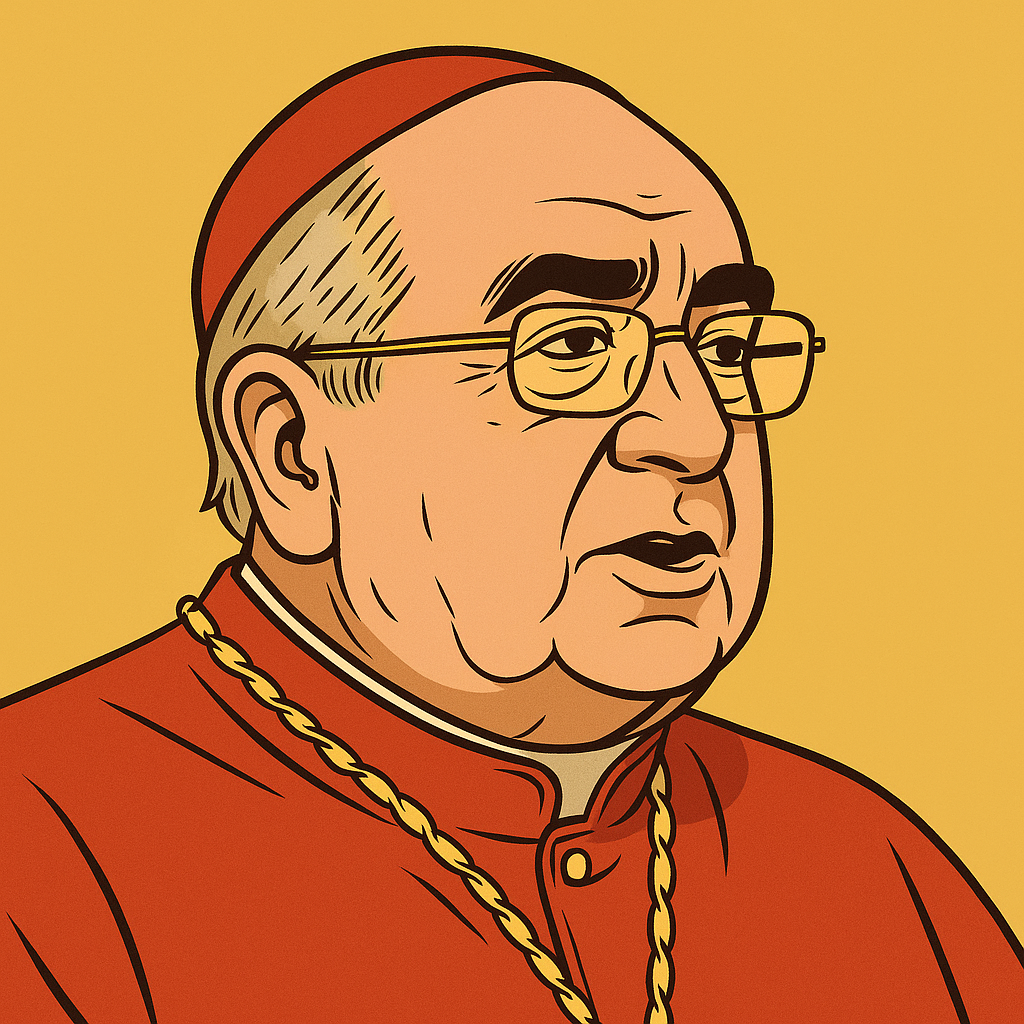
Polish cardinal, Archpriest of the Basilica of Saint Mary Major, known for his conservative positions and experience in lay ministry, in the tradition of John Paul II.
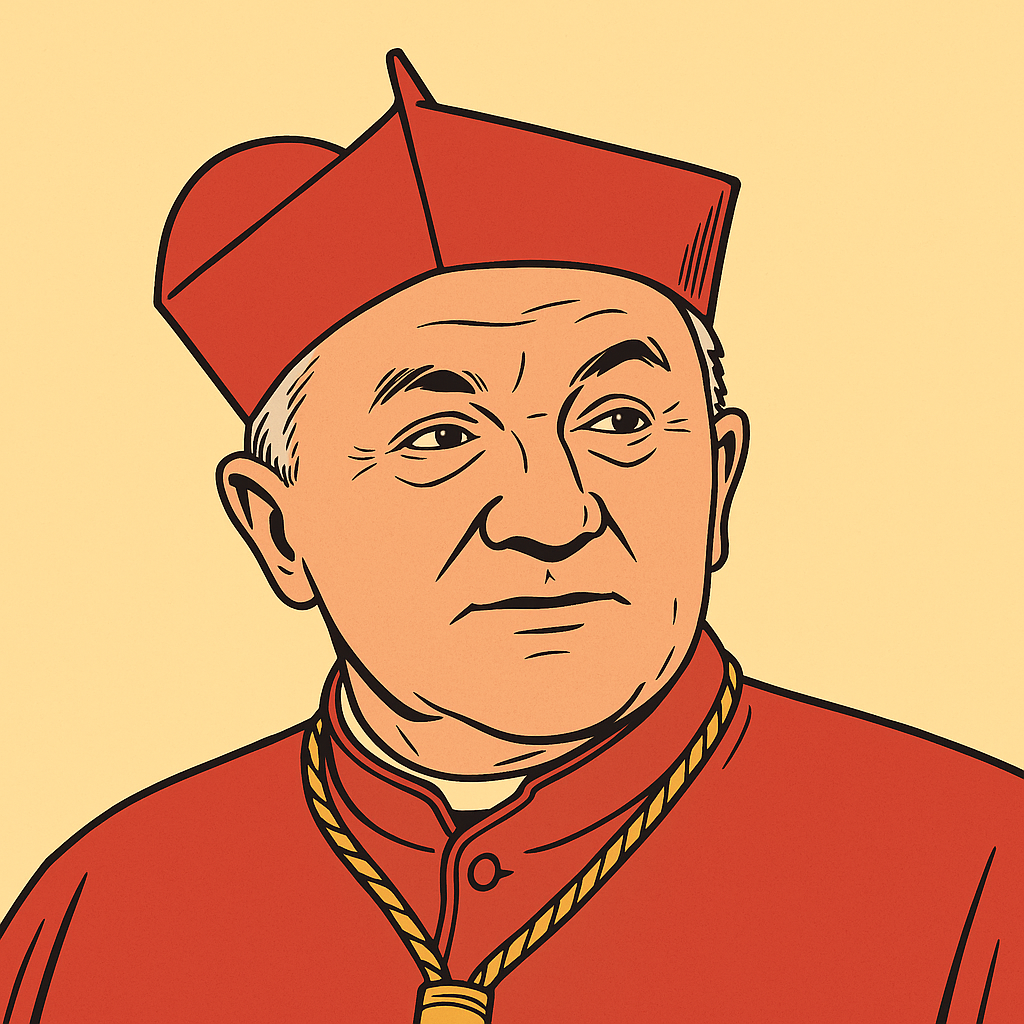
Polish cardinal, Archbishop of Warsaw, known for his balanced pastoral approach, combining Polish Catholic tradition with openness to dialogue in an evolving society.
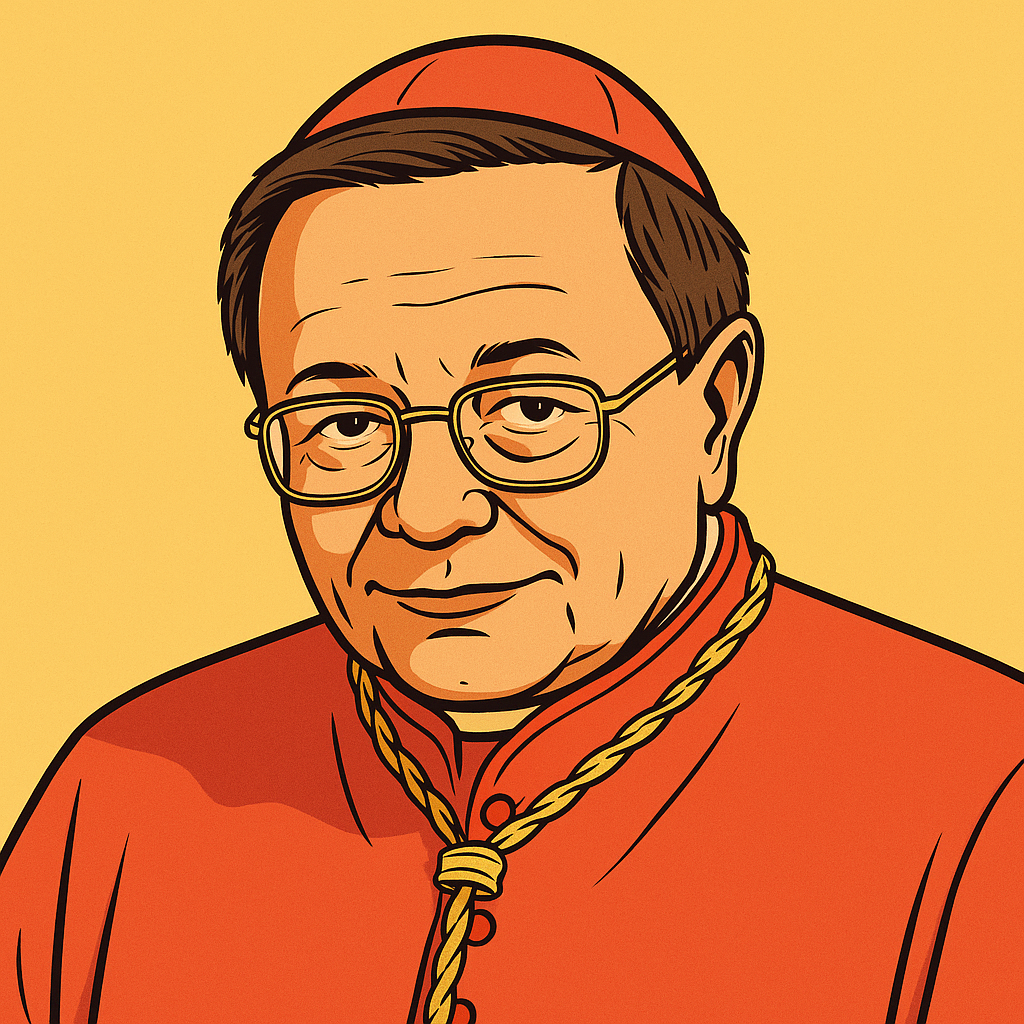
Polish cardinal, Archbishop of Łódź, known for his balance between fidelity to Polish Catholic tradition and openness to pastoral dialogue adapted to contemporary challenges.
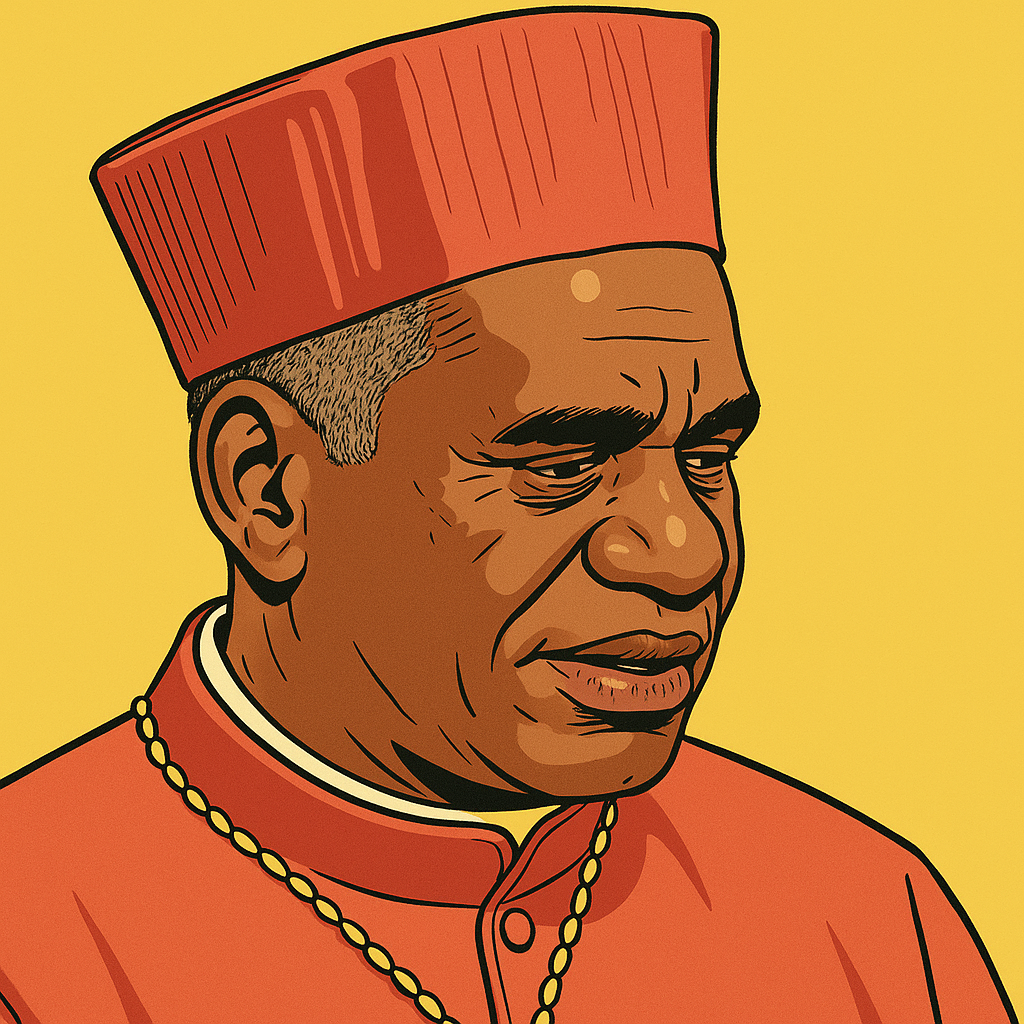
Madagascar
Malagasy cardinal, known for his traditionalist positions, his attachment to classical liturgy, and his vigorous defense of Catholic moral doctrine.
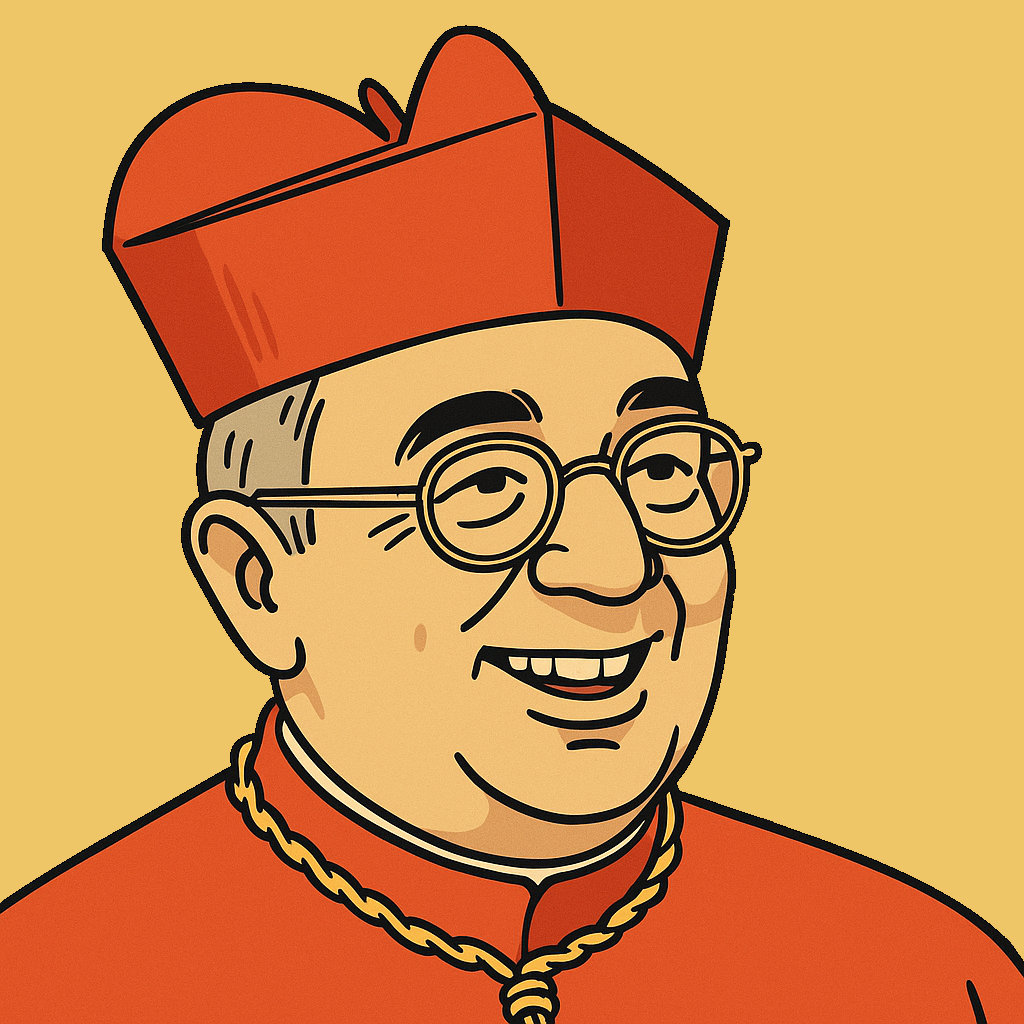
Italy
Italian cardinal, former vicar general of the pope for the diocese of Rome, known for his balance between liturgical tradition and moderate pastoral openness.
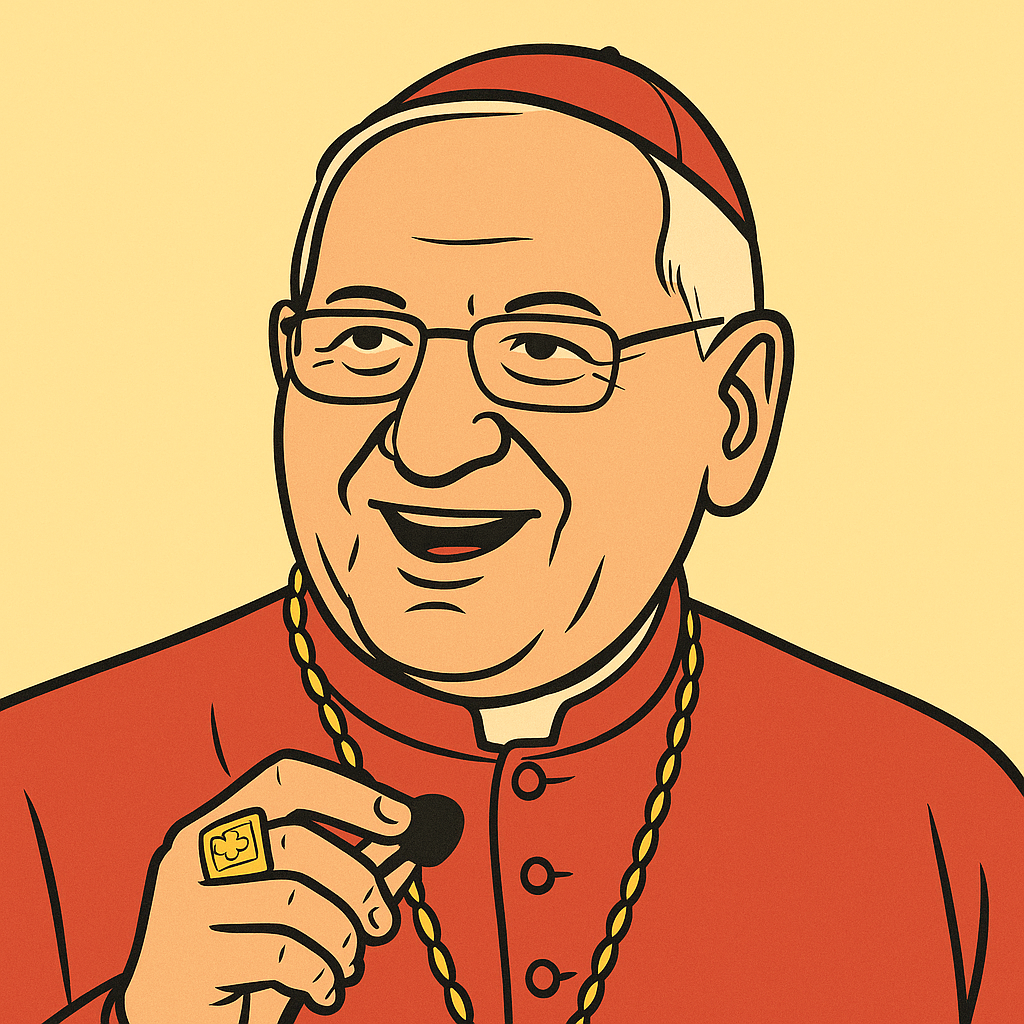
Iraq
Iraqi cardinal, Patriarch of the Chaldean Catholic Church, known for his leadership in a context of persecution and his commitment to the survival of Christians in the Middle East.
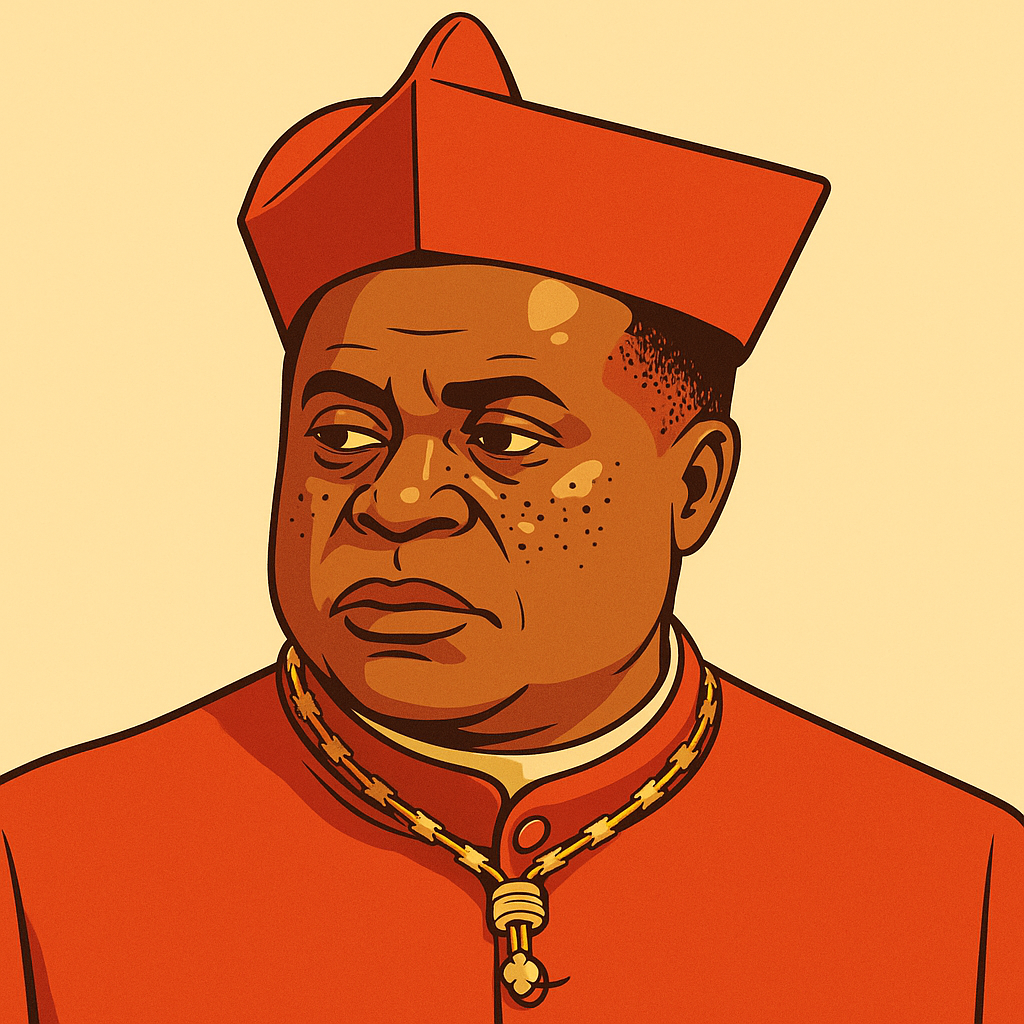
Nigeria
age: 62
Nigerian cardinal, Bishop of Ekwulobia, known for his perseverance in the face of difficulties (having been rejected by his previous diocese) and his pastoral leadership in a context of ethnic tensions.
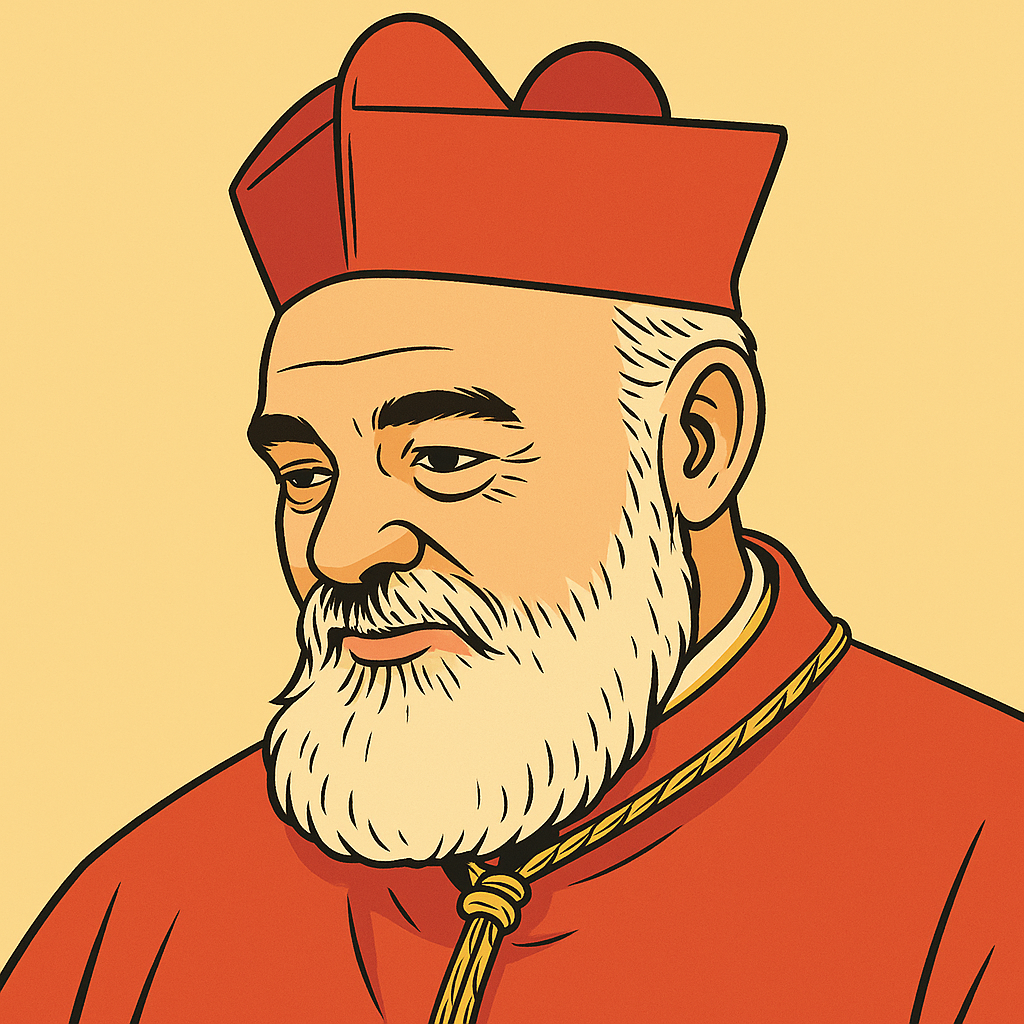
Iran
age: 62
Franciscan cardinal, apostolic administrator of the Archdiocese of Tehran-Isfahan, known for his pastoral work in a context of Catholic minority in Iran.

Poland
age: 62
Polish cardinal, Archbishop of Łódź, known for his balance between fidelity to Polish Catholic tradition and openness to pastoral dialogue adapted to contemporary challenges.

Poland
Polish cardinal, Archbishop of Warsaw, known for his balanced pastoral approach, combining Polish Catholic tradition with openness to dialogue in an evolving society.

Switzerland
Swiss cardinal, president of the Dicastery for Promoting Christian Unity, known for his theological expertise and ecumenical commitment, with a moderately conservative doctrinal position.
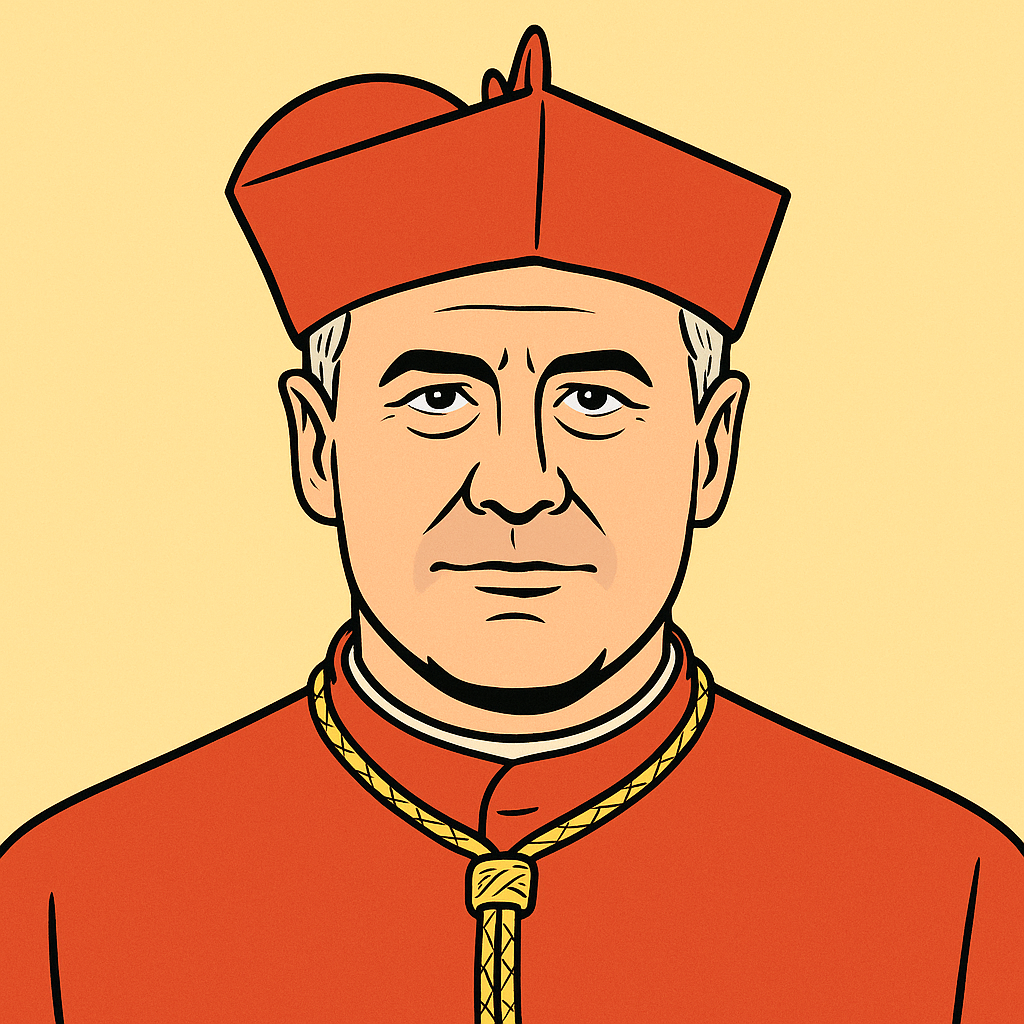
Lithuania
Lithuanian cardinal, administrator of St. Peter's Basilica, known for his administrative work and loyalty to the Holy See, with a balanced approach between tradition and pastoral modernity.
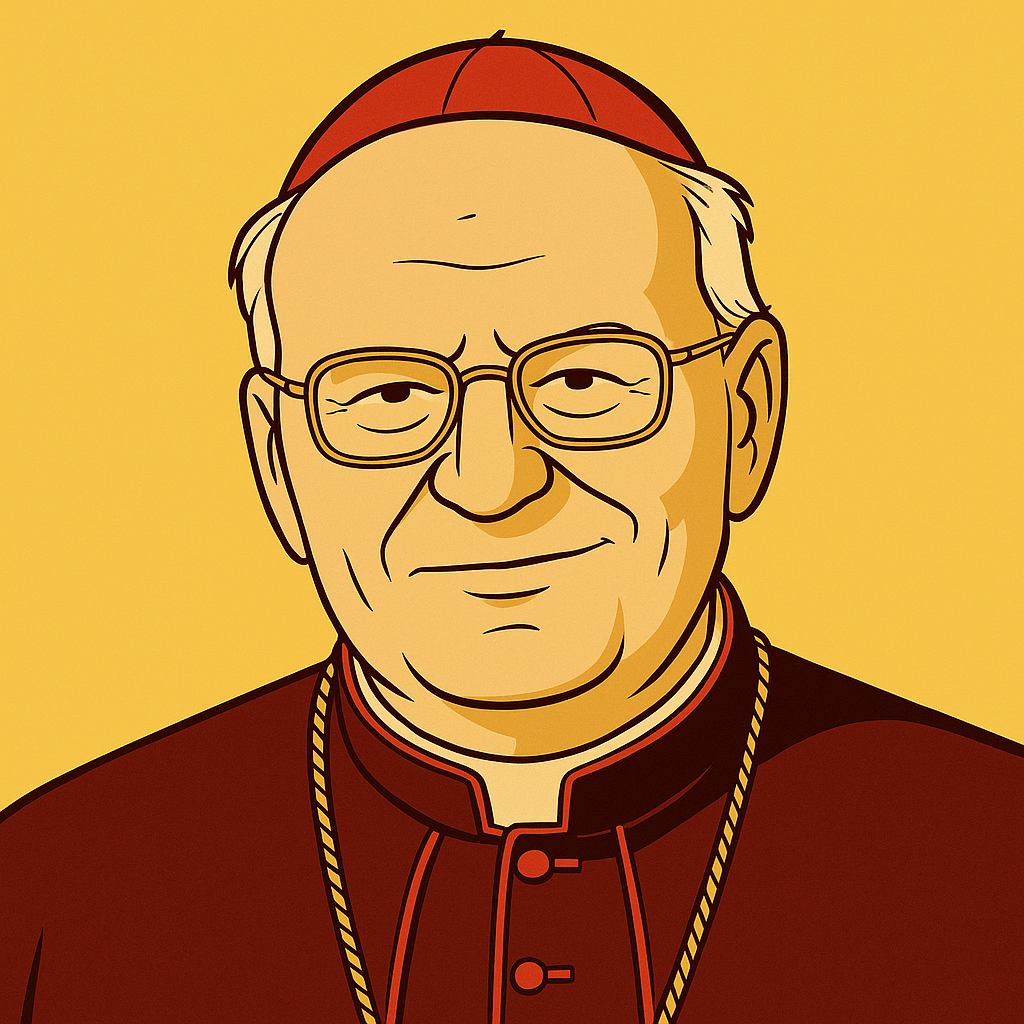
Hungary
Hungarian cardinal, Archbishop of Esztergom-Budapest, renowned canonist, known for his conservative doctrinal positions and his influential role in the Church of Central Europe.

Sweden
Swedish cardinal, the first Scandinavian cardinal in history, known for his balanced approach between tradition and openness, and his ecumenical work.
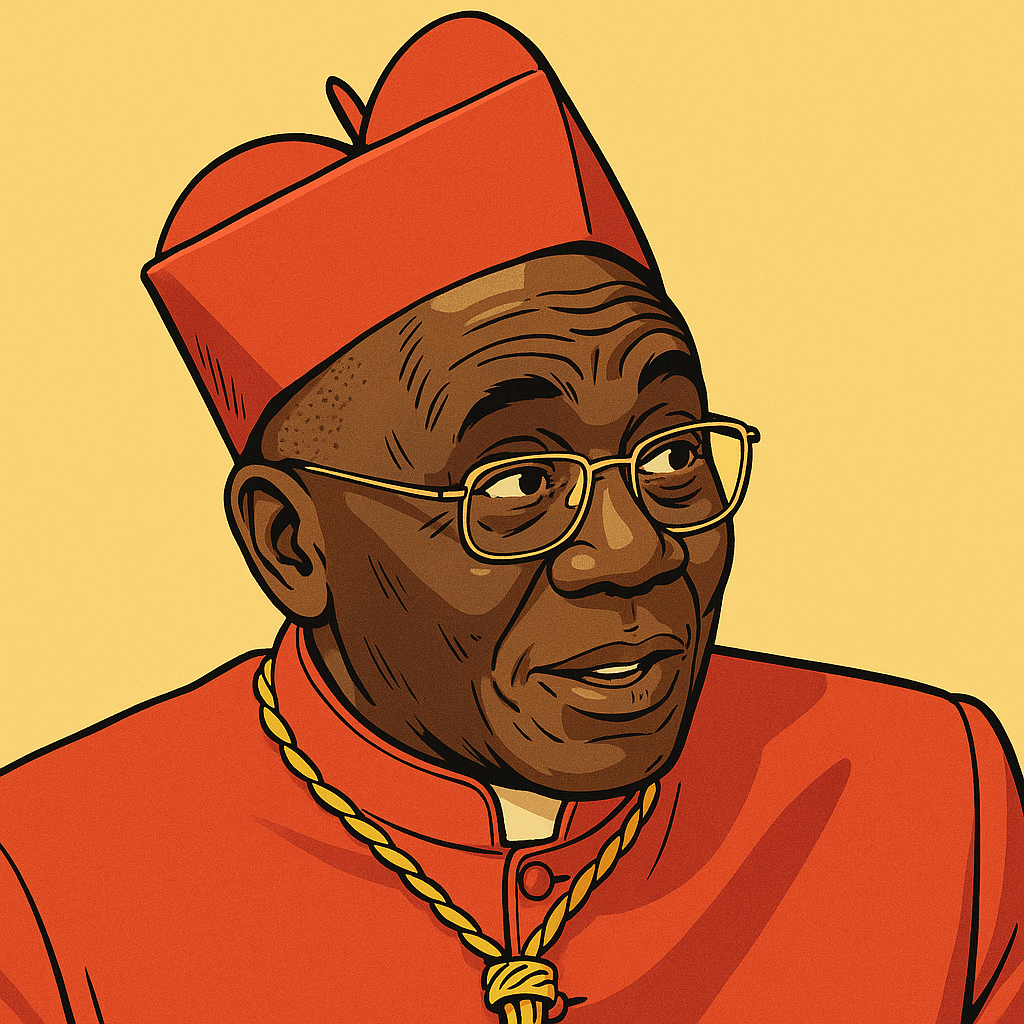
Ivory Coast
Ivorian cardinal, Archbishop of Abidjan, known for his doctrinal fidelity and conservative positions, while working for social peace and unity in his country.
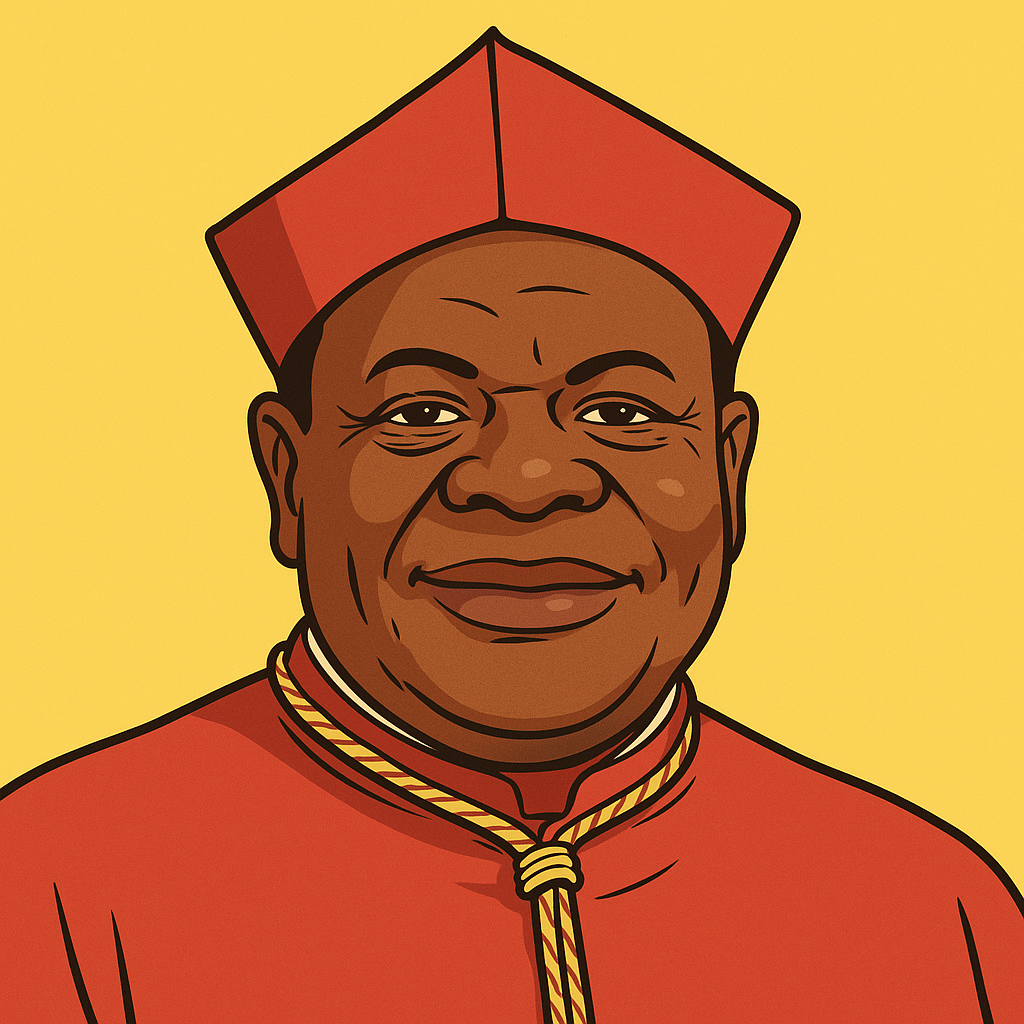
Democratic Republic of the Congo
Congolese cardinal, Archbishop of Kinshasa, known for his commitment to social justice and human rights defense, while maintaining a traditional doctrinal position.
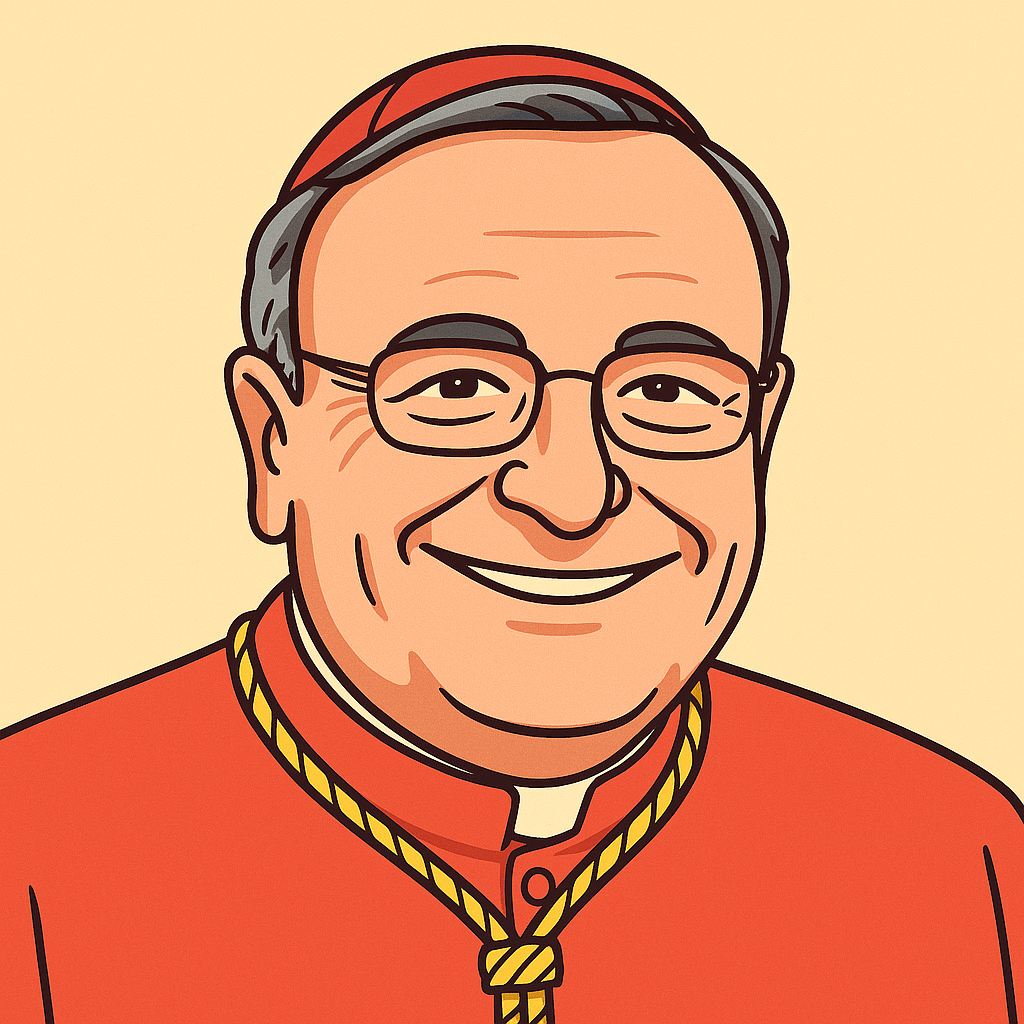
Italy
Italian cardinal, Archbishop Emeritus of Agrigento, known for his commitment to migrants and his open pastoral approach while remaining faithful to tradition.
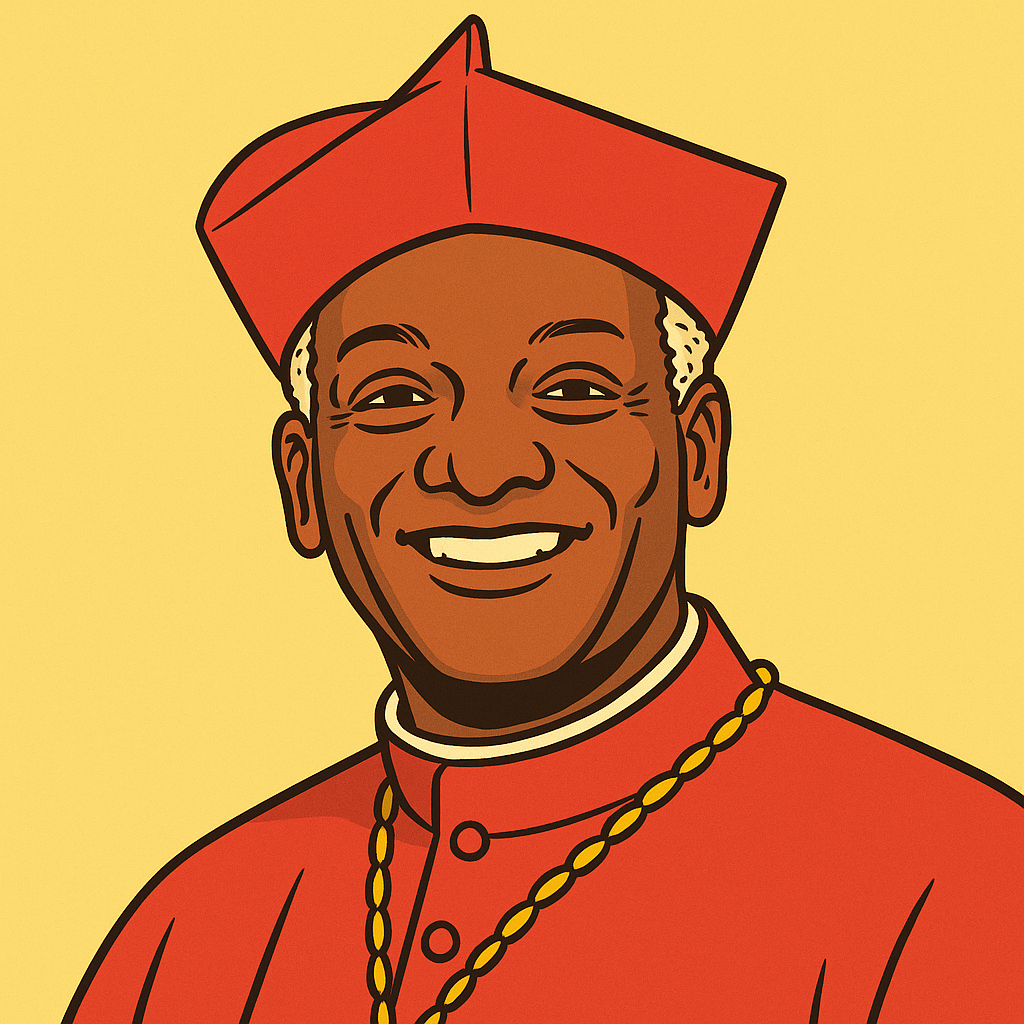
Haiti
Haitian cardinal, the first from his country, recognized for his work in a context of great poverty and instability, maintaining a traditional doctrinal approach.

Italy
Italian cardinal, former vicar general of the pope for the diocese of Rome, known for his balance between liturgical tradition and moderate pastoral openness.
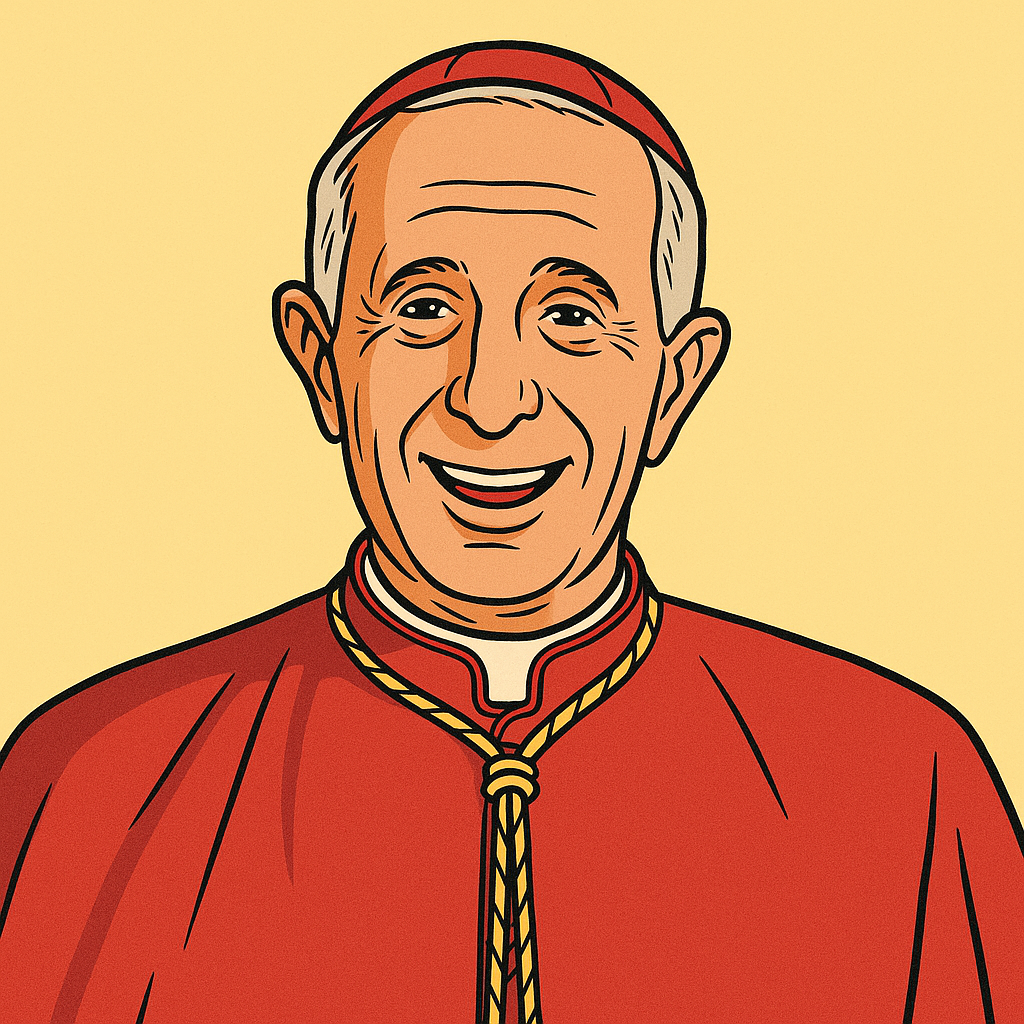
Argentina
Argentine cardinal, Archbishop Emeritus of Buenos Aires, successor of Pope Francis in this diocese, known for his discreet profile and balanced administration between tradition and renewal.
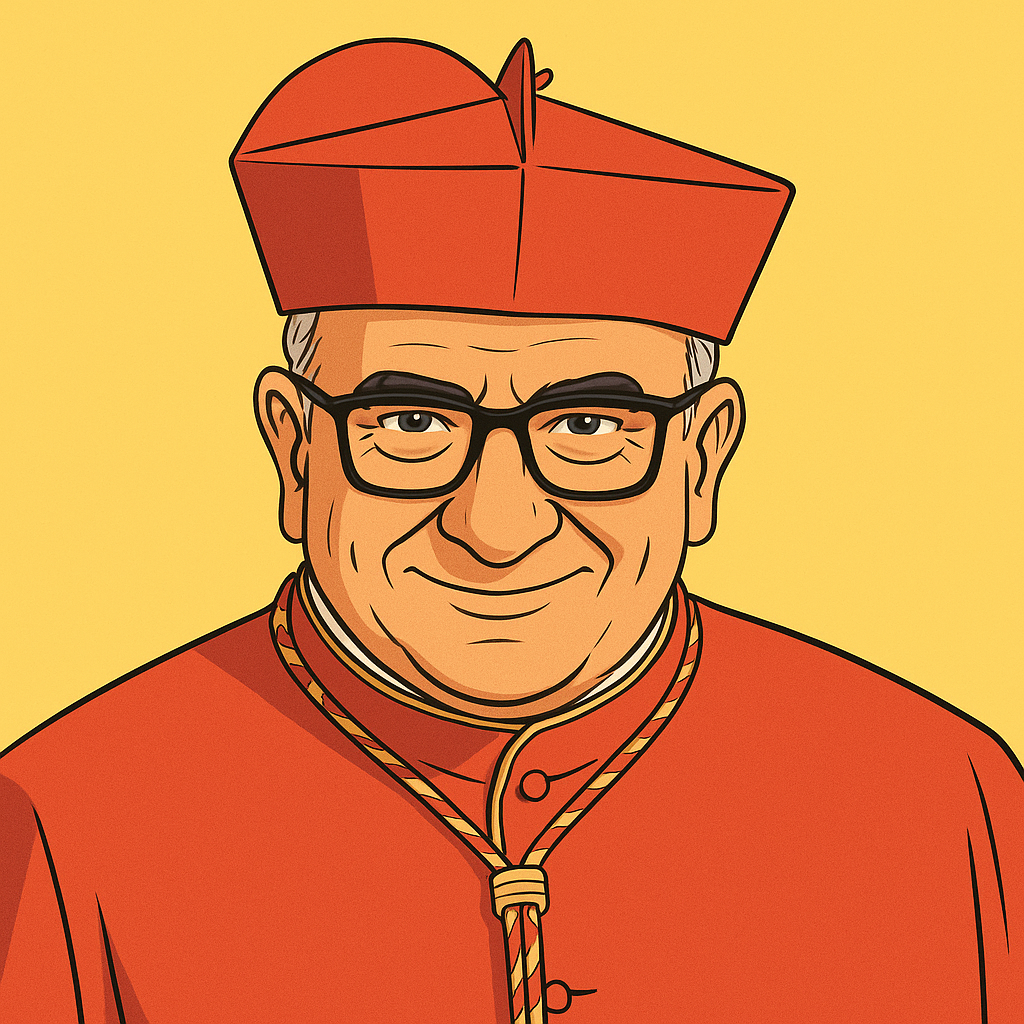
Chile
Chilean cardinal, Archbishop of Concepción, known for his conservative doctrinal positions and commitment to rebuilding trust after abuse scandals.
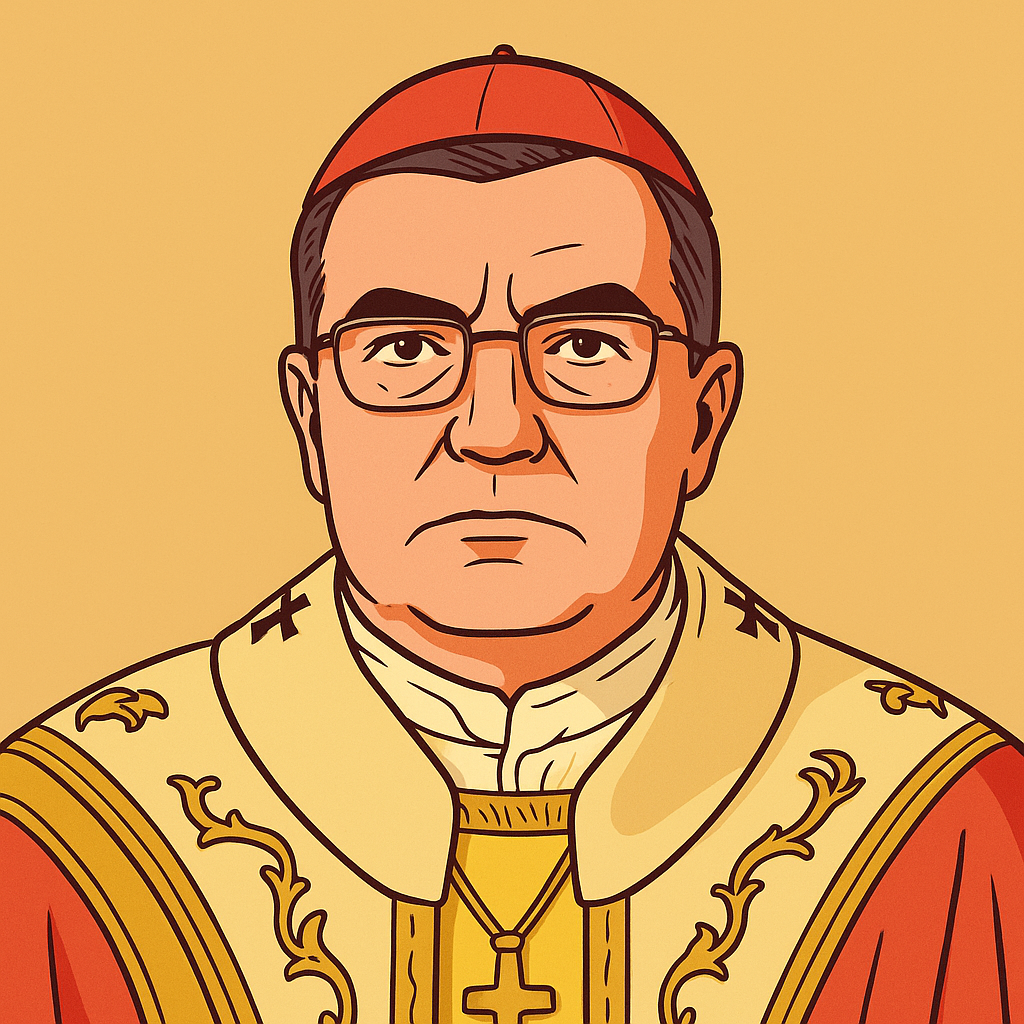
Croatia
Croatian cardinal, Archbishop of Zagreb, known for his conservative positions on moral issues and his commitment to traditional values in a post-communist context.
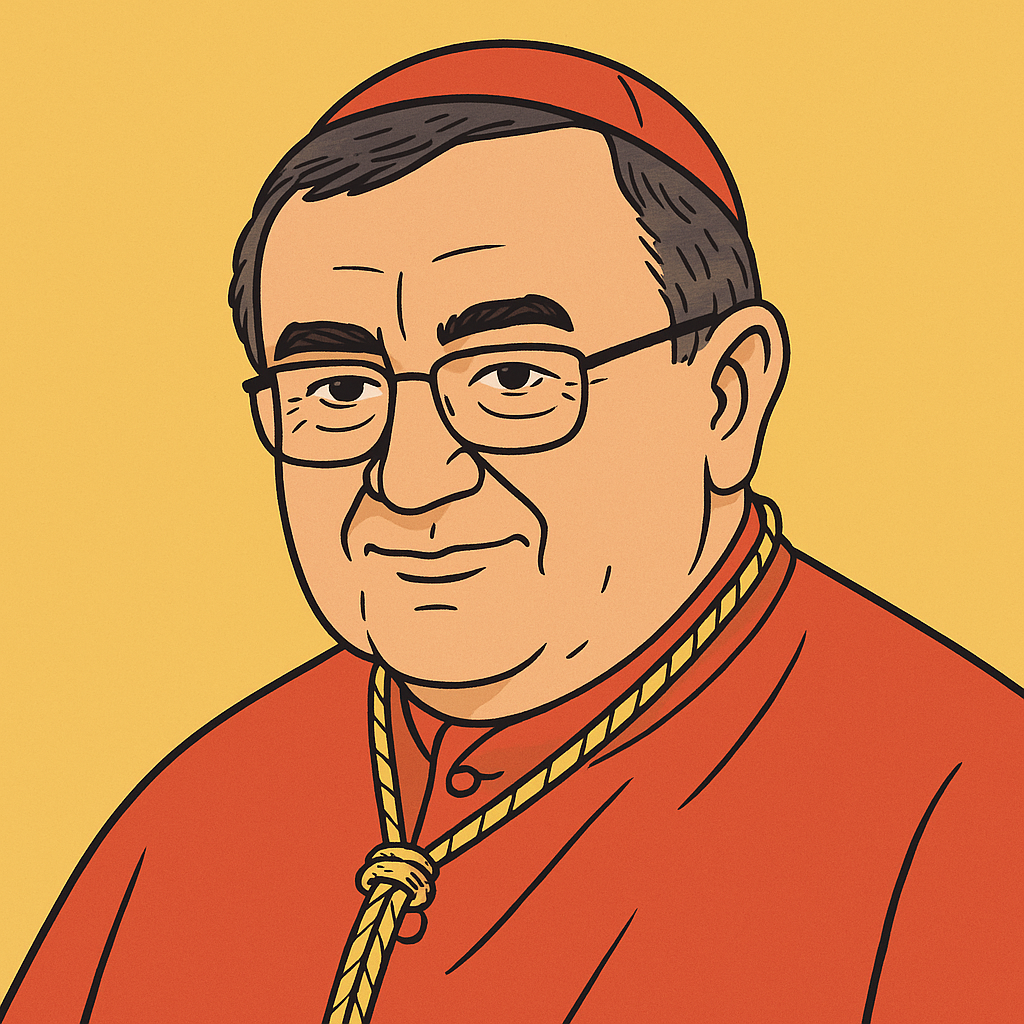
Bosnia and Herzegovina
Bosnian cardinal, Archbishop Emeritus of Sarajevo, known for his leadership during and after the Balkan War, his work for reconciliation and his defense of Catholic rights in the region.
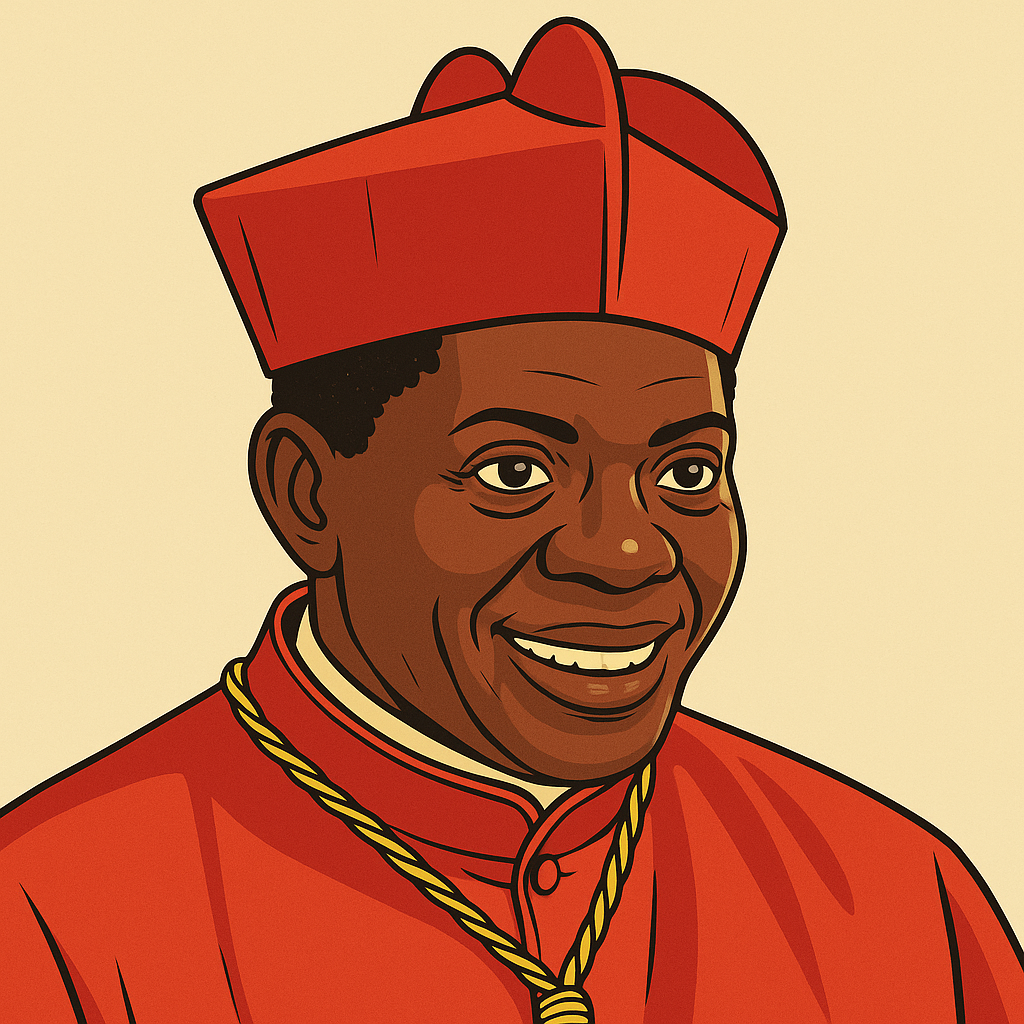
Tanzania
Tanzanian cardinal, Secretary of the Dicastery for Evangelization, known for his missionary expertise and balanced pastoral vision, combining doctrinal fidelity and cultural adaptation.
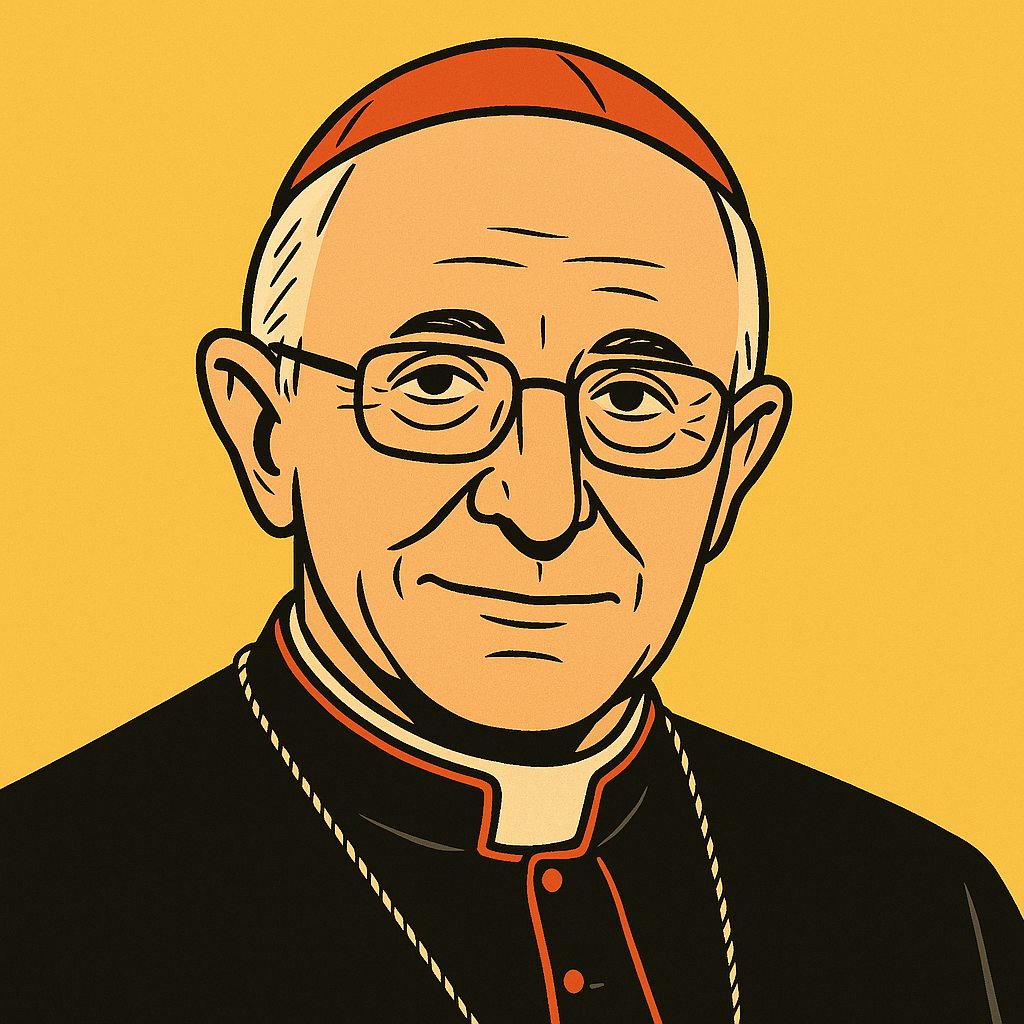
Italy
Italian cardinal, Grand Master of the Order of the Holy Sepulchre, former prefect of the Congregation for the Evangelization of Peoples, known for his missionary and diplomatic experience.
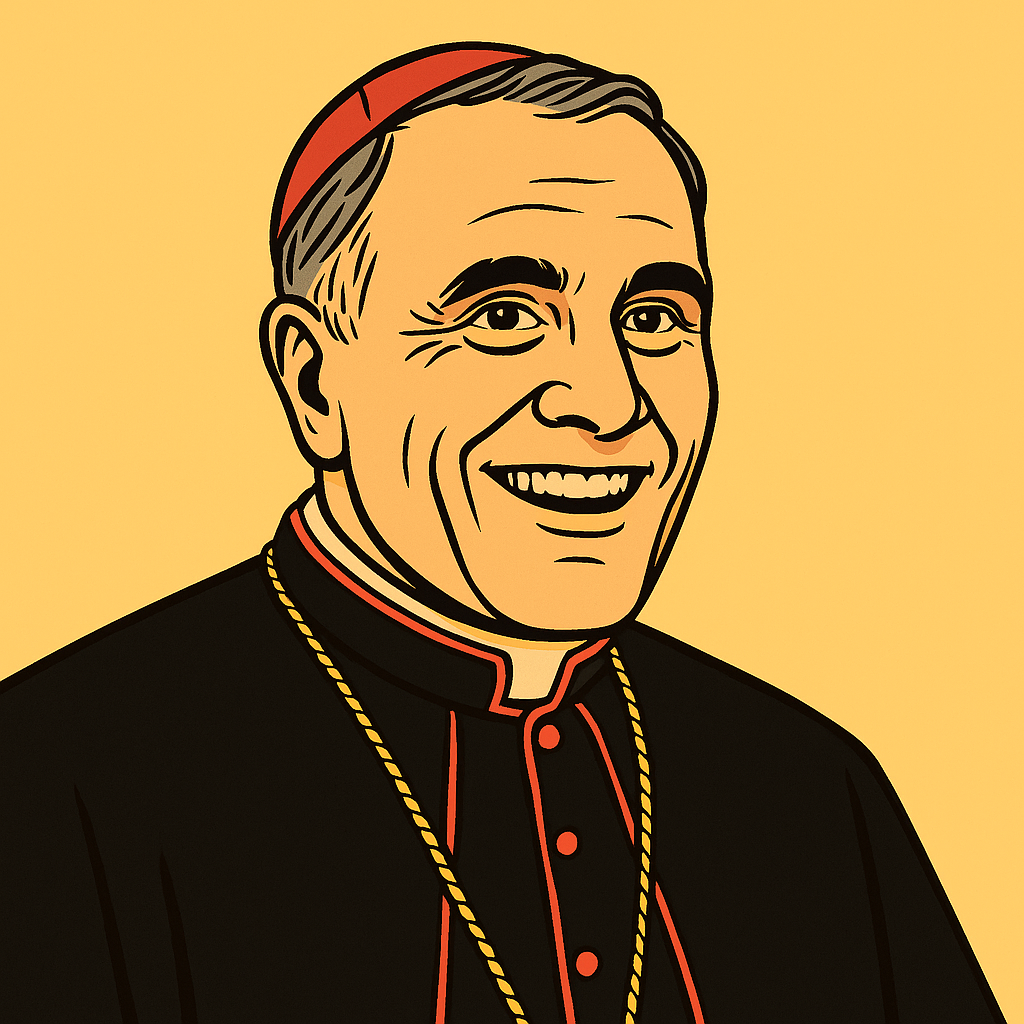
United States
American cardinal, known for his conservative positions on doctrine and liturgy, while seeking unity in a divided ecclesial context.
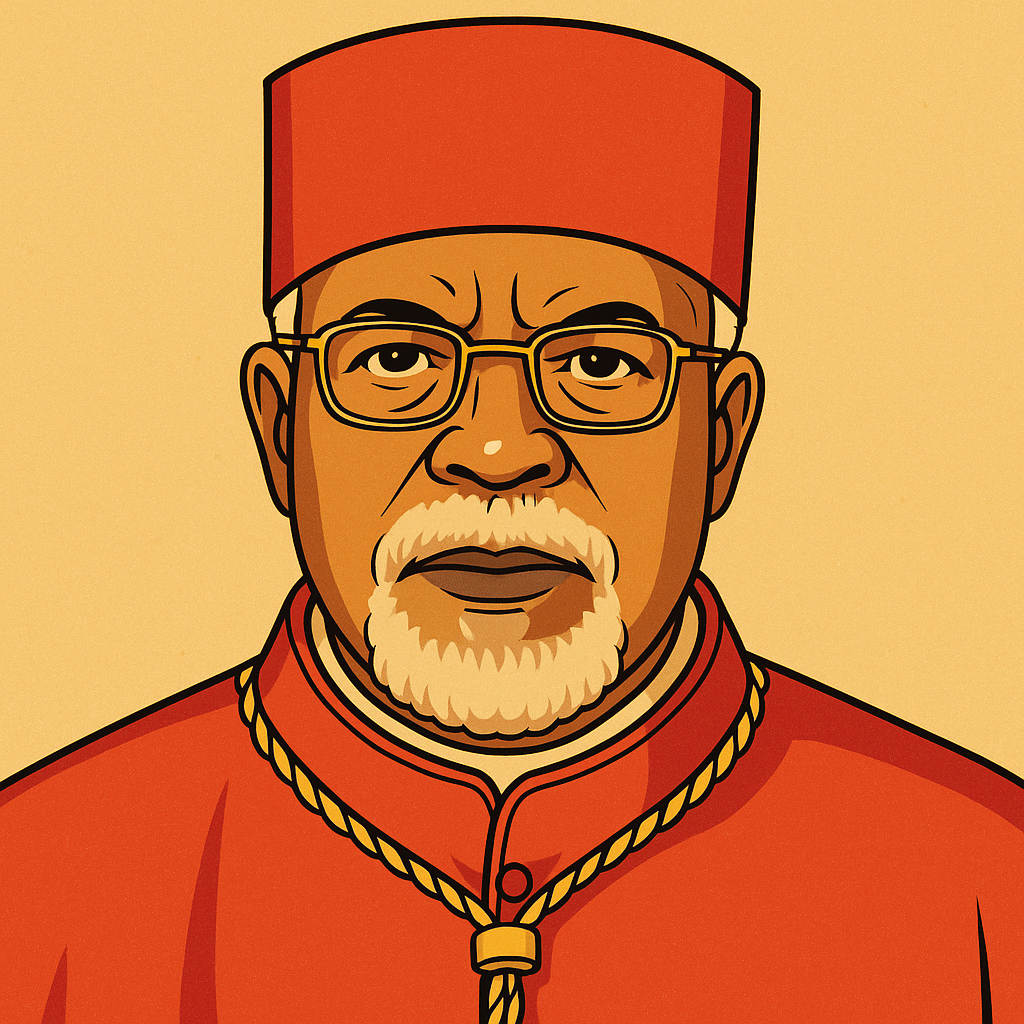
Ethiopia
Ethiopian cardinal of Eastern rite, known for his defense of traditional Church values and his pastoral work in a context of religious tensions.